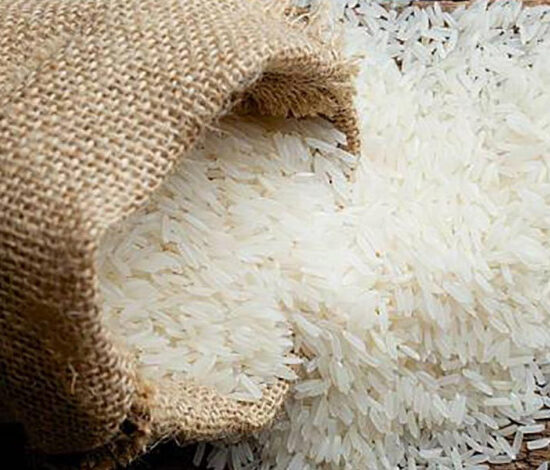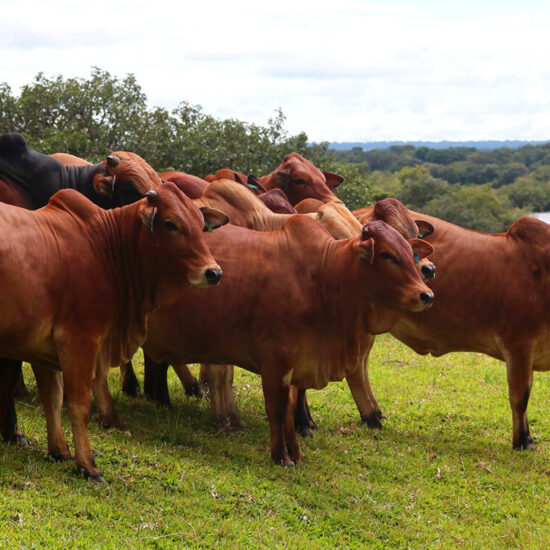
A source has disclosed to the Zambian Business Times-ZBT that six leaders of the Kaleya Smallholders Company Limited (KASCOL) have been expelled after challenging businessmen Costain Chilala and Munakupya Hantuba over their acquisition of shares in KASCOL.
The executive challenged the illegal share transaction by KASCOL Board Chairperson Costain Chilala and his business partner Munakupya Hantuba and that did not sit well with Chilala who then influenced management to expel the leaders who are now supposed to leave Kaleya within 30 days.
Speaking in an interview with the Zambian Business Times-ZBT, the source who sought anonymity explained that the smallholder executive spoke to the media about their complaints concerning the shares that Chilala and Hantuba have in KASCOL, which is grounds for expulsion according to the Cane Farmers Agreement.
However, the farmers argue that they spoke to the media as shareholders complaining against fellow shareholders and not farmers therefore Chilala using his influence as Board Chairperson to expel the leaders is unacceptable.
“All along there have been wrangles as to how Costain Chilala, a commercial farmer found himself a shareholder of Kaleya which is meant for smallholder farmers. So last year the small holder went to seek for help through the Provincial Administration Office in Southern Province, with the help of the District Commissioner and a lot of irregularities were unearthed in the share transaction and the way KASCOL was operating in general”, the source said.
KASCOL was established in the 1980s as a government outgrower initiative scheme to settle 300 smallholder sugar cane growers and after attending successful interviews, 140 smallholders were initially settled for but currently there are 160 smallholder farmers at KASCOL.
After the selected individuals underwent and completed the compulsory six months sugar cane growing training, government provided land and the farmers were each allocated four hectares of the cane field and 0.5 hectares on which to develop their own settlement of residence on a basis of 14 automatic renewable leases.
Farmers were guided that the scheme would be handed over to them after they had paid in full the investment loans and interests to various stakeholders from the cultivation of sugar cane and they were advised to sacrifice 60% of their annual proceeds of cane sales towards KASCOL loans repayment thereby getting only 40% of what was due.
After the exit of African Development Bank, One of the five financiers, the remaining financers each had 25% shares in KASCOL and were all ear marked for exit and had to transfer the shares to the farmers by the year 2000 and no outsider was allowed to buy the shares except the farmers themselves.
In 2002, Grant Thornton was engaged by KASCOL to work out the financial exit option of exiting shareholders and having lived their purpose, BBZ and CDC had to exit in 2005. BBZ was first to give an exit notice and demanded for about two million pounds exit fee within a short time and CDC gave an exit notice too.
Justine Chinyanta, a Zambian businessman expressed interest in buying off the BBZ shares should the farmers fail to raise the exit fee and he went on and paid a deposit holding fee of USD 50, 000. Costain Chilala, a Board Member of BBZ and his business friend Munakupya Hantuba rushed to Kaleya and entered into a partnership with the farmers in order to acquire the shares that were being offloaded by BBZ and CDC, as the farmers had no money to pay the exit fees at the time.
Chilala partnered with the 160 farmers and promised to use his own money to pay out the BBZ and CDC exit fees. Kaleya Smallholders Farmers Association (KASFA) executive signed biased share purchase agreements for both BBZ and CDC shares and a Consortium of Growers Investment Holdings Limited (GIHL) and View Point Investment Limited (VPIL). Chilala immediately assumed chairmanship of the consortia and subsequently KASCOL board as the consortia was holding 50% shares in KASCOL at the time.
The KASCOL articles were immediately amended to suit the new structure and the clause that said smallholder farmers would own KASCOL was completely deleted.
Instead of Chilala putting in money as earlier promised, he made the consortia get loans from Stanbic Bank Zambia and paid off the exit fees and the consortia share certificate was used as security for the loan, which was against the earlier agreement.
The consortia could not declare dividends as all the monies were serving the loan and interests were becoming huge. Farmers were further asked to surrender 9% of their annual harvest income to pay off the loan and interest for three years when the other partners were not paying, which brought about disagreements.
The farmers engaged the MMD government who promised to look into the matter but nothing was done, they sought help from Patriotic Front (PF) government and several meetings were held with KASFA leadership, KASCOL shareholders and government representatives at Southern Province Administration office.
After several attempts to dialogue with KASCOL management failed, the smallholders’ leadership went to court over interference in Mazabuka magistrate court in 2019 and up to date the hearing has not yet taken place.
Efforts to get a comment from KASCOL Estate Manager proved futile by press time.







